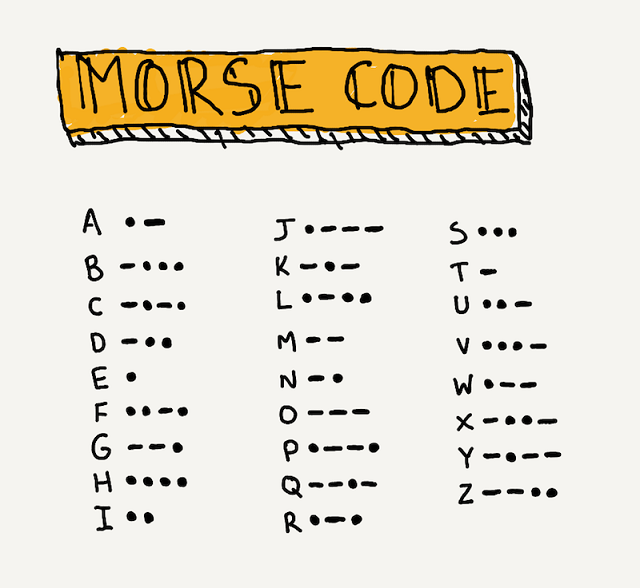As I’ve stated before, it’s been difficult tracking my progress with coding, more so because it involves a lot of numbers and codes that I am still getting used to, so the explanation of what I’m doing, barely makes sense to me at this point. The topic of this post though actually came to me in a dream, so bear with me here.

A little bit of back story first, for those of you who don’t know (which is likely most of you), I’ve landed my dream job, teaching sociology in the UK starting in July. Also, I’ve been sick the last week, ending up in the hospital for a day, and the doctors told me they were going to keep a close eye on the swelling in my throat, because I may need an x-ray to see if there is swelling around my vocal chords. (This will all make sense in a minute, I promise). Anyway, in my dream, I was in the process of moving and was on a ship, because I wanted to bring all of my books with me to the UK, because it would be way too expensive to travel and move with my book collection. Unfortunately, my ship along with all of my belongings, was taken over by pirates, and I was forced into the pirate life at sea. And because my vocal chords were messed up, the only way I could communicate was through Morse code!

I don’t know why it had never occurred to me before to look into Morse code, because as common knowledge states, it is one of the first forms of long distance, technology-based communication. As I’ve said in my first couple of learning project posts, I have struggled with where to start with coding, because there is just so much out there. Even though the differences between Morse code, ciphers, and modern day coding are evident, I’m finding that I’ve been able to learn more about coding, through the differences I’ve discovered.
For example, Morse code is a language, or form of communication, invented by humans, where messages are encoded and decoded in order to be interpreted, again, by humans. While ciphers and coding are certainly associated with encoding and decoding, coding goes a step further and provides direct instruction to the computer to complete an action, or to perform a task. There are basic and complex algorithms, and low-level and high level coding languages. Just like we can learn and understand different languages, computers do too, and that is what coding is.

That being said, I’ve chosen to expand my learning horizons, using some of the recommendations provided by David Sinsky, in his article, How I Taught Myself to Code in Eight Weeks. Realizing that I have little to no training with computer science, programming, and coding, I think loosely following the directions someone else has provided will be more beneficial to me than if I were to just choose random sites to learn and practice from.

I know this post really doesn’t have much to do with my learning project at all, but thanks for reading anyway. I think part of this process is knowing that not every post is going to be better than the last, and that is okay, as long as I keep with it!
Stay tuned, to hear about my journey of learning Python.

